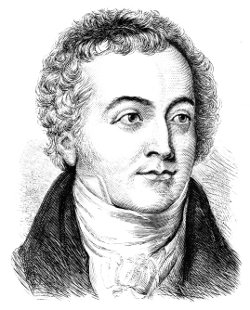Phrases most in demand by American visitors to Paris, compiled by Robert Benchley:
Pronunciation:
a = ong
e = ong
i = ong
o = ong
u = ong
Haven’t you got any griddle-cakes?
N’avez-vous pas des griddle-cakes?
What kind of a dump is this, anyhow?
Quelle espèce de dump is this, anyhow?
Do you call that coffee?
Appelez-vous cela coffee?
Where can I get a copy of the N.Y. Times?
Où est le N.Y. Times?
What’s the matter? Don’t you understand English?
What’s the matter? Don’t you understand English?
Of all the godam countries I ever saw.
De tous les pays godams que j’ai vu.
I haven’t seen a good-looking woman yet.
Je n’ai pas vu une belle femme jusqu’à présent.
Here is where we used to come when I was here during the War.
Ici est où nous used to come quand j’étais ici pendant la guerre.
Say, this is real beer all right!
Say, ceci est de la bière vrai!
Oh boy!
O boy!
Two weeks from tomorrow we sail for home.
Deux semaines from tomorrow nous sail for home.
Then when we land I’ll go straight to Childs and get a cup of coffee and a glass of ice-water.
Sogleich wir zu hause sind, geh ich zum Childs und eine tasse kaffee und ein glass eiswasser kaufen.
“Word you will have little use for”:
Vernisser — to varnish, glaze.
Nuque — nape (of the neck).
Egriser — to grind diamonds.
Dromer — to make one’s neck stiff from working at a sewing machine.
Rossignol — nightingale, picklock.
Ganache — lower jaw of a horse.
Serin — canary bird.
Pardon — I beg your pardon.

